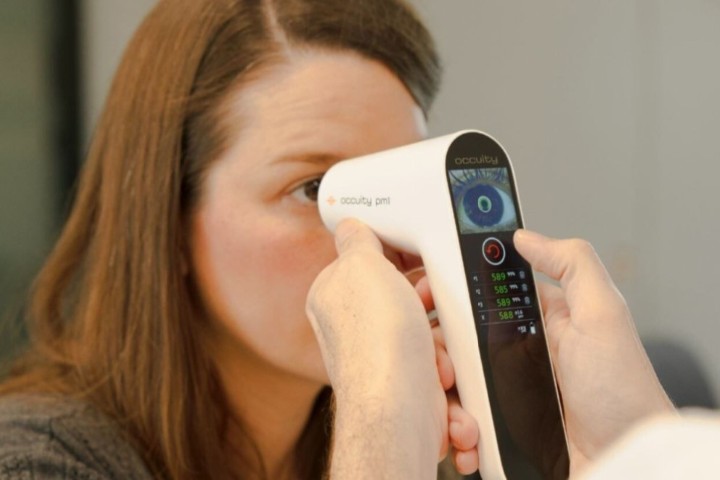Air pollution linked to glaucoma risk
A UK study discovered people in neighbourhoods with higher amounts of fine particulate matter pollution are at least 6% more likely to have glaucoma than those in the least-polluted areas.
The findings, published in Investigative Ophthalmology & Visual Science, present yet another reason for why air pollution should be addressed as a public health priority, said lead author Professor Paul Foster, University College of London (UCL) Institute of Ophthalmology and Moorfields Eye Hospital.
“Most risk factors for glaucoma are out of our control, such as older age or genetics. It’s promising that we may have now identified a second risk factor for glaucoma, after eye pressure, that can be modified by lifestyle, treatment or policy changes,” Prof Foster said.
The findings were based on 111,370 participants of the UK Biobank study cohort, who underwent eye tests from 2006 to 2010. The participants were asked whether they had glaucoma, had their intraocular pressure measured, and spectral-domain optical coherence tomography imaging was performed to measure the thickness of their macula.
The cohort data was then linked to air pollution measures for the participants home addresses, focusing on fine particulate matter (equal or less than 2.5 micrometres in diameter).
The researchers found that people in the 25% most-polluted areas were 18% more likely to report having glaucoma than those in the least-polluted quartile, and they were also significantly more likely to have a thinner retina, one of the changes typical of glaucoma progression. Eye pressure was not linked to air pollution, suggesting that air pollution may affect glaucoma risk through a different mechanism, said researchers.
“Air pollution may be contributing to glaucoma due to the constriction of blood vessels, which ties into air pollution’s links to an increased risk of heart problems. Another possibility is that particulates may have a direct toxic effect damaging the nervous system and contributing to inflammation,” said study author Dr Sharon Chua.
This research adds to previous evidence that people in urban areas are 50% more likely to have glaucoma than those in rural areas, suggesting air pollution may be a key contributor to that pattern.
“We found a striking correlation between particulate matter exposure and glaucoma. Given that this was in the UK, which has relatively low particulate matter pollution on the global scale, glaucoma may be even more strongly impacted by air pollution elsewhere in the world. And as we did not include indoor air pollution and workplace exposure in our analysis, the real effect may be even greater,” Prof Foster said.


























